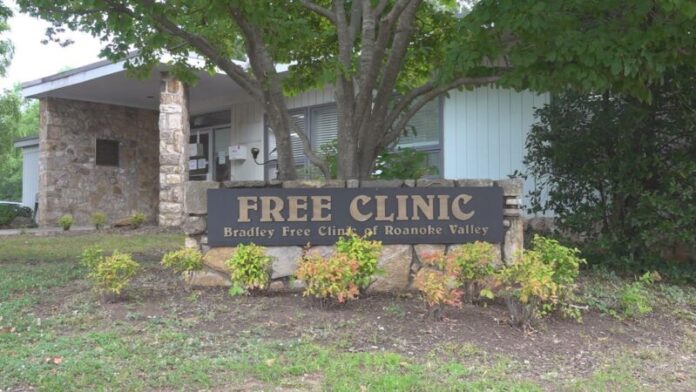The network of Virginia free clinics may receive its largest funding increase since 2016 to help with a growing need for services, although the bump was less than originally requested.
The statewide Virginia Association of Free Clinics, or VAFCC, offers primary care health services in addition to counseling, dental care and syringe exchange. The clinics help patients with other barriers they may face, including a transportation assistance program and food bank.
The House and Senate approved earlier in March a $1.5 million annual increase over the next two years, starting in July. That brings nearly $16.6 million in total funding for the clinic network.
Sen. Barbara Favola, D-Arlington, and Del. Betsy Carr, D-Richmond, originally submitted requests to their respective chambers to increase annual funding by $5 million.
Favola, who chairs a health subcommittee and sits on the Finance and Appropriations committee, said she is intent on ensuring that no Virginia is uninsured. The state has had to review Medicaid eligibility criteria and allocate required funding, she said. That can sometimes eat into funding for “discretionary programs” like the clinics.
The largest funding bump within the decade was $3.1 million in 2016, when the VAFCC received just over $12.4 million in the biennial budget.
There are 69 member clinics in the association, including three new clinics added this year. The clinic association reported over $114 million of care for over 75,000 patients across the state in 2022, according to its website.
Operation costs for the clinics have increased by around 170% since 2016, according to CEO Rufus Phillips.
A $5 million annual increase in state funding would help offset the cost increase, Phillips said. The majority of VAFCC funding comes from fluctuating charitable donations, grants and philanthropic support.
The association received funding through the federal COVID-19 relief CARES Act in 2020 and the American Rescue Plan Act in 2021. “Those were one-time funds and without increased year-to-year funding, the clinics are going to have a very difficult time,” Phillips said.
The association was grateful to the General Assembly, Favola and Carr for their support of free clinics, “I hope the state in general continues to increase its level of support because you only get things done at a community level.
Karen Legato, executive director of the Health Brigade, the first free clinic in Virginia, is concerned clinics may decrease the breadth of services offered without further state funding.
Free clinics played a vital role in reaching underrepresented communities throughout the height of COVID-19. The pandemic led to an enrollment surge in other clinic services, according to Legato. “The ARPA funding dried up but our services didn’t,” Legato said. “We have more people now than we ever have had in terms of diverse populations that have been alienated from health care.”
Free clinics also evaluate nonmedical factors that influence health outcomes, using the social determinants of health model, according to Legato. The model includes factors such as employment, housing and education, among others, that impact a person’s physical health.
“I wish I could go there instead of having to go to my normal care, because people have plenty of time with their providers and we take a holistic approach, and we know our patients,” Legato said. “We pick up things that a lot of times the traditional health care system may not pick up.”
The House and Senate budget raises tax to cover spending for programs such as free clinics, Favola said.
Gov. Glenn Youngkin has publicly stated his finalized version of the budget will not include a tax increase. Youngkin expressed disapproval of the “backward budget” in a statement after the General Assembly adjourned, and in several public addresses since.
“A budget is a statement of your values,” Favola said. “Where do you think investment should be made and how do you want to grow the economy? What future do you see for Virginia? Democrats gave him a pathway forward.”
Youngkin and the first lady recently donated $21,785 from the governor’s salary toward each of two free clinics, located in the Roanoke area. One is the Christian outreach ministry Straight Street, which supports at-risk teens. The other is the Bradley Free Clinic, which helps support people battling substance use.
The General Assembly will reconvene on April 17 to review any actions or vetoes Youngkin makes to legislation.
By Taya Coates / Capital News Service

